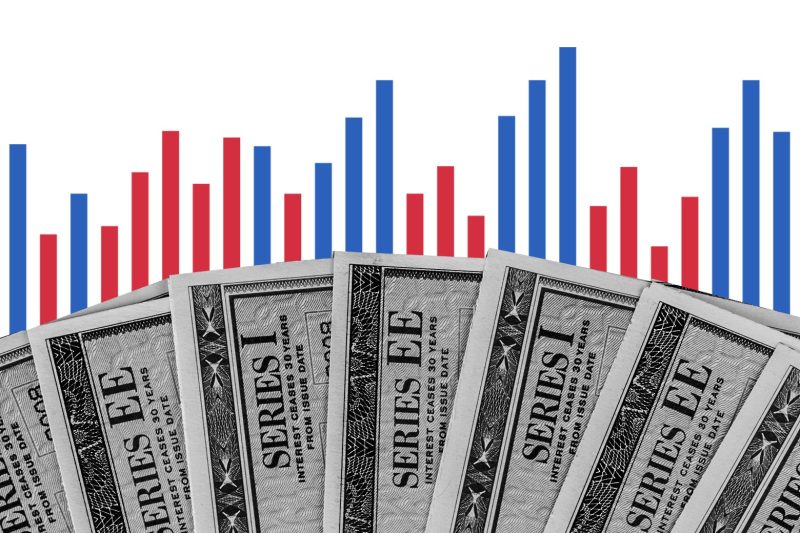
This week in American politics felt like a particularly wild ride on an economic rollercoaster. Donald Trump, after implementing a potentially disastrous tariff plan, spent four days playing golf. While a 90-day “pause” on reciprocal tariffs was announced, the underlying economic issues remain unresolved. The stock market experienced a brief rally, only to plummet again, highlighting the deep-seated anxieties surrounding the President’s economic policies.
The bond market, often seen as a safe haven during economic downturns, reacted negatively, sending a clear message to the Trump administration. Privately, advisors admitted the bond market’s turmoil influenced the decision to pause the tariffs, a tacit acknowledgment that the global economy is losing confidence in the US under Trump’s leadership. Yet, despite the temporary reprieve, the economic instability persists, leaving many wondering what comes next.
Meanwhile, the spin machine is in overdrive. Advisors like Scott Bessent and Howard Lutnick are portraying Trump’s actions as a masterful economic strategy, a claim met with widespread skepticism. Even Stephen Miller is touting the president’s economic decisions as historically significant. The sheer audacity of these claims is only matched by the alarming number of people who seem to believe them.
The House of Representatives passed a compromise budget blueprint, a step towards Trump’s ambitious “one big, beautiful bill.” However, this “compromise” mostly postponed difficult decisions, causing friction among House conservatives. Ultimately, they secured assurances of future spending cuts, allowing the process to move forward, but leaving vulnerable Republicans committed to potentially unpopular cuts to programs like Medicaid.
Adding another layer to the chaos is the ongoing feud between Elon Musk and Peter Navarro, two of Trump’s closest advisors. Their public spat, filled with insults and personal attacks, further underscores the dysfunction within the Trump administration. The fact that such a disagreement is playing out in the public sphere is a striking illustration of the lack of internal cohesion.
The Texas political landscape is also heating up, with Attorney General Ken Paxton launching a primary challenge against Senator John Cornyn. This race is shaping up to be a costly and contentious battle, forcing Cornyn to engage in increasingly aggressive political tactics to defend his seat. The implications for the Senate’s ability to act as a check on Trump are significant.
Democratic presidential hopefuls are also responding to Trump’s economic policies, with varying degrees of directness. Michigan Governor Gretchen Whitmer’s nuanced criticism was met with more forceful condemnations from other potential candidates like Josh Shapiro and J.B. Pritzker. This suggests a growing divide within the Democratic party over how best to confront Trump’s actions.
Finally, Trump issued several executive orders targeting individuals who opposed him during his first term, including Chris Krebs and Miles Taylor. These actions signal an escalation of Trump’s attacks against those who dare to criticize him, raising concerns about the rule of law and the potential for further abuses of power. The sheer number of executive orders issued this week seems designed to distract from the ongoing economic crisis. This week, more than any other, highlights just how much is at stake and how precarious the situation has become.









